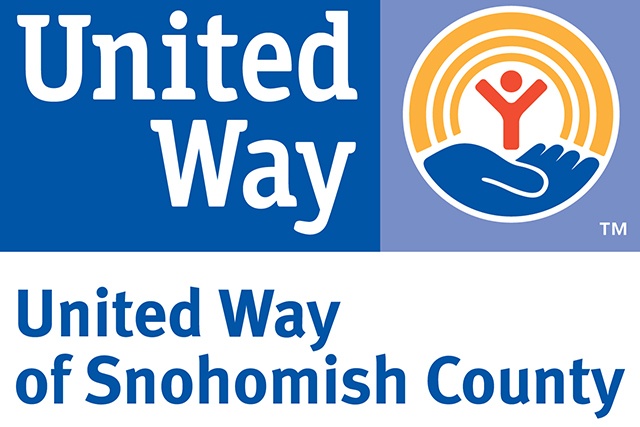By The Herald Editorial Board
As it has done with each round of grants, the United Way of Snohomish County had to say no this year to some worthwhile and deserving groups and programs when it announced its $2 million in grants.
A total of 107 proposals, totaling $4.4 million, requested funds from the countywide charity that is largely supported by annual pledges made through the workplace and deducted from employee paychecks. Fifty-six grant requests were selected. Which means 51 were denied; that’s a significant unmet need.
A change in focus for the grants added to the usual disappointment of those whose grants are denied. And it left out some groups, specifically senior centers throughout the county, who had come to rely on the annual boost from the United Way for a significant portion of their operating budgets. The senior centers — in Edmonds, East County, Northshore, Snohomish, Stanwood and Stillaguamish — each had requested $30,000.
Instead, the United Way of Snohomish County announced that it was targeting its grant program on programs that are seeking to break the cycle of poverty in the region.
Recognizing the need to make a periodic review of how it invests the money entrusted to it, United Way officials undertook a three-year process of discussions throughout the county with groups, donors and others. In one thought exercise, participants were asked to designate where they would spend $1 million. The money couldn’t be divvied up; it had to go to one area of need. Among the needs more frequently mentioned, United Way officials said, were education, housing, food security, job assistance and mental health.
Those conversations led United Way to put that money where it believes the need is greatest and can do the most good, said the organization’s CEO Dennis Smith and Executive Vice President Katrina Ondracek during a meeting last week with The Herald Editorial Board.
United Way set two goals it sees as key to breaking the cycle of poverty: increasing educational outcomes for children, specifically third-graders; and halving the number of households that are struggling to make ends meet to 30,000 from the current estimate of 60,000.
Both the process and the new focus that resulted from United Way’s review are sound and defensible.
That’s not to discount the importance and value of the five senior centers and the services they offer to seniors, many who, themselves, struggle on fixed incomes. But the denial of the senior center grants should not be seen as ignoring their needs. Many of those awarded grants serve seniors through their programs.
Other groups and individuals now will need to step up and support the senior centers and their programs.
The annual $2 million grant program isn’t the only source of funding for nonprofit organizations. About a quarter to a third of the money pledged to the local United Way is designated by donors for specific nonprofits and programs in the community.
Judging its stewardship, United Way of Snohomish County scores well on Charity Navigator’s scorecard, earning an overall score of 86.3; 81.5 for its financial performance and 96 points for its accountability and transparency. It’s fundraising costs account for about 10 percent of its budget; and its administrative expenses amount to 8.4 percent.
Other forces, certainly, also played on United Way’s decision to refocus its work.
Charitable giving has rebounded somewhat following the Great Recession. A 2014 study by the Chronicle of Philanthropy found that between 2006 and 2012, lower- and middle-income Americans had reached deeper into wallets as they saw growing needs in their communities. (Not so much for the wealthiest Americans, a New York Times story pointed out, as they as individuals became less generous).
What has changed, especially for organizations such as the United Way, who rely on workplaces to organizing employee giving, is a shift to donations made on mobile platforms, such as smartphones, and viral campaigns, such as the ice bucket challenge during the summer of 2014 that raised money for the ALS Association.
The United Way of Snohomish County, since the recession, has seen a drop in overall financial support and in the number of donors participating through the workplace, sliding from a high of 20,000 to about 13,000 to 14,000 currently, Smith said. That’s a trend seen by United Way organizations elsewhere. Here, losses of employers to closures such as Kimberly-Clark, and the retirement of older employees more familiar with workplace giving, have contributed to that slide.
The process that the charity underwent may help it as it looks to reconnect with donors, whether they pledge through their workplace or their smartphones.
The United Way needed to review its work and refocus its priorities as much for its own good as for the good of the community it serves.
Talk to us
> Give us your news tips.
> Send us a letter to the editor.
> More Herald contact information.

























